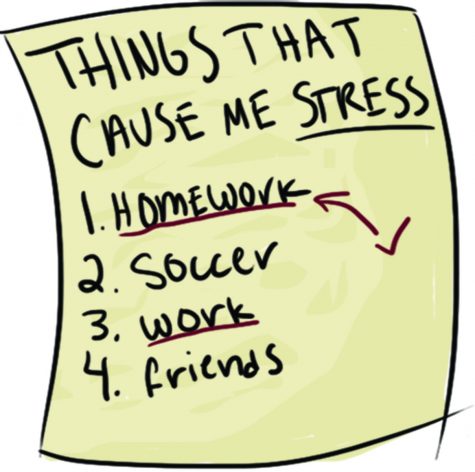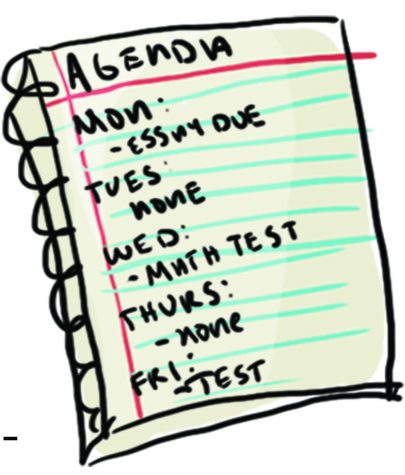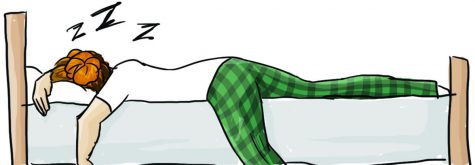Stressed? We know. Here’s how to deal with it
For high achieving students, life can be reduced to five steps: school, extra-curricular activities, homework, sleep, repeat. With so little time to do anything else, it’s easy to believe that these kids are stressed out. Harris Interactive Inc. conducted a study on the behalf of the American Psychological Association in 2014 where it sent out an online survey to about 1,000 adults and about 1,000 teenagers entitled “Stress in America: Are Teens Adopting Adults’ Stress Habits?”. The findings were that 34% of students feel that their stress levels have increased over the past year, and 42% say that they aren’t doing enough to manage that stress. That’s probably due to the fact that only 46% of teens think their stress affects them mentally or physically. Stress can cause pain in the head/chest/muscles, fatigue, irritability, anxiety and lack of motivation. But, this stress can be dealt with–if you know how.
Find the sources
The easiest way to relieve stress is to make a list in your head of all the sources of that stress and think if there’s anything you can do to solve each problem. This will allow you to feel in control of the situation, thus lowering your stress.
Prioritize
Make a list of everything you need to do, and work on the most important first. That way you can get the most stressful things out of the way, and you can relax.
Say “no”
If you already have a lot on your plate, don’t add anything else on. Don’t force your- seld into situations that will cause more stress.
Drop caffeine
Caffeine is a stimulant, meaning it will make you even more jittery and anxious than you were before. If you’re nervous about something or are having a stressful day, it might be best to stay away from that extra cup of coffee.
Down time
If you only partake in stressful activities, you life is going to start to feel over whelming. Taking a break and doing something just for pleasure allows the mind to reset itself, and you’ll be able to handle stress a lot more easily.
Exercise
The saying “healthy body, healthy mind” exists for a reason. Exercising helps relax the muscles, and improves your mood, decreasing the feeling of stress.
Talk about it
As cheesy as it sounds, talking is a great way to distract you from stressful thoughts or help release some built up tension. You can discuss with someone else, or writing in a journal can have a similar effect.
Sleep
Ever vented to someone about a problem and gotten the advice to “sleep on it?” Sleeping is important for allowing the body to regenerate itself and for building associations in the brain. Lack of sleep is one of the biggest causes of stress, so going to bed at a reasonable time will reduce stress levels dramatically.

Gracie is a junior at York, in her second year on the York Hi staff as the Graphics Editor. She spends a majority of her time drawing, and on extracurriculars...



















